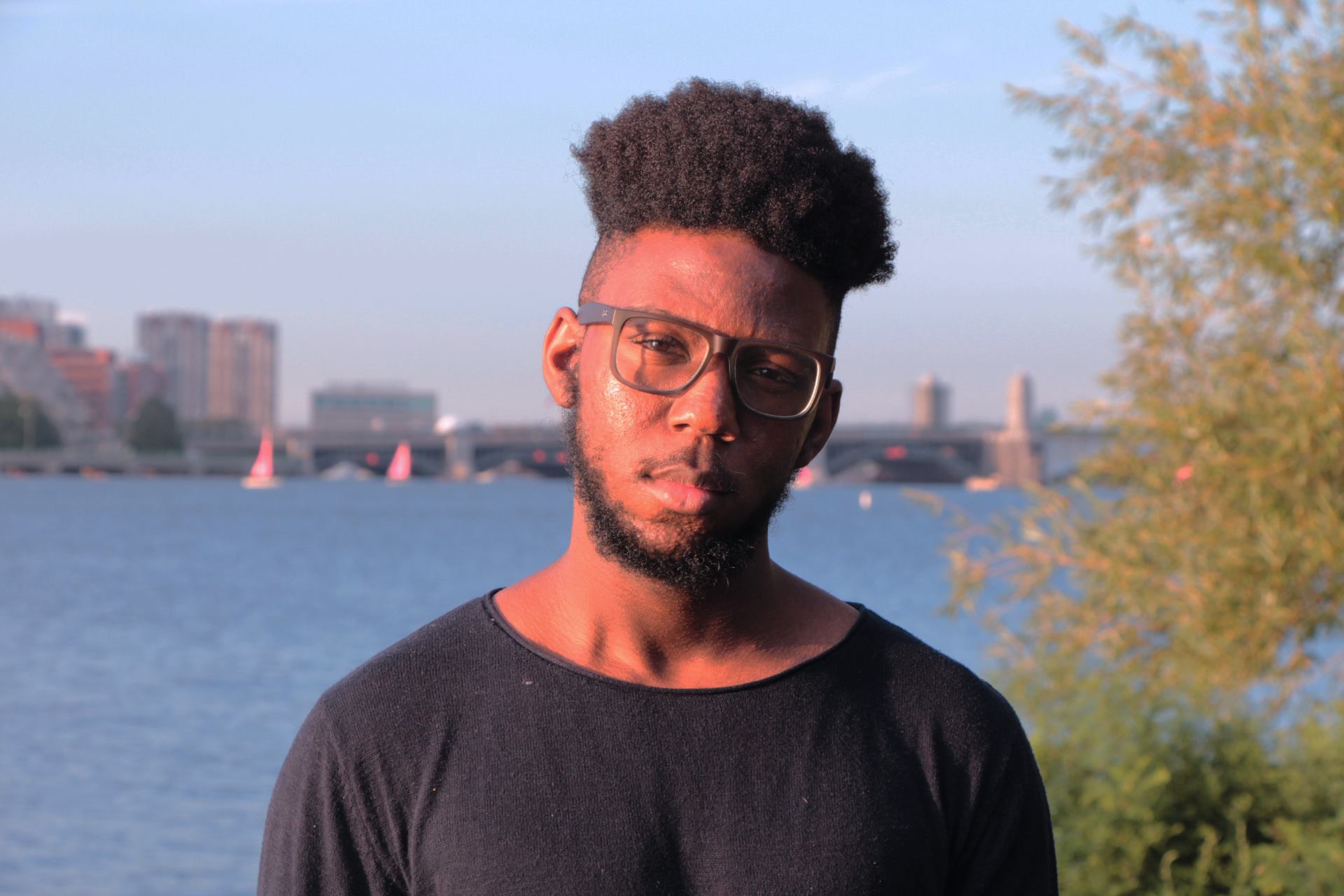Here's What Paris Is Like One Year After the Bataclan Attack

By:
Sunday marked the first anniversary of the brutal terrorist attack on Paris by homegrown fighters of the so-called Islamic State, attacks that shocked the world and left 130 people dead and hundreds more injured.
France has yet to fully recover.
In the aftermath of the attacks, security efforts in France intensified, along with anti-migrant sentiments.
France’s security apparatus was temporarily expanded by President Francois Hollande to allow night raids on homes, months-long house arrests, bans on public demonstrations, and surveillance of people’s communications.
Some migrants alleged that they were subjects of beatings by police.
A year later, after anti-immigrant sentiment has been held partially responsible for Brexit and the election of Donald Trump, some of the most outspoken opponents of hate are those who survived the Paris attacks.
Antoine Leiris, whose wife, Hélène Muyal-Leiris, was killed in the attacks, rejected the idea of revenge. Just days after the attack, he wrote in a Facebook post that he would not give the terrorists the gift of hating them.
This is not to say that there is no fear in Paris.
Some people now live with a wariness around other people that they did not have previously, even in mundane circumstances such as getting on and off trains.
"Life for Paris" will hold a ceremony full of speeches, panel discussions, and music to honor those who died and those who survived. There will also be a moment of silence, during which people will contemplate the events of a year ago and think of the way forward.
